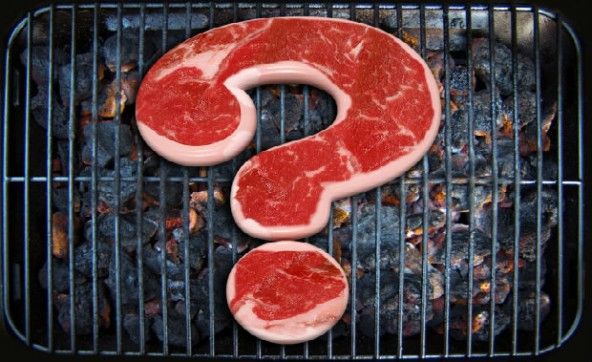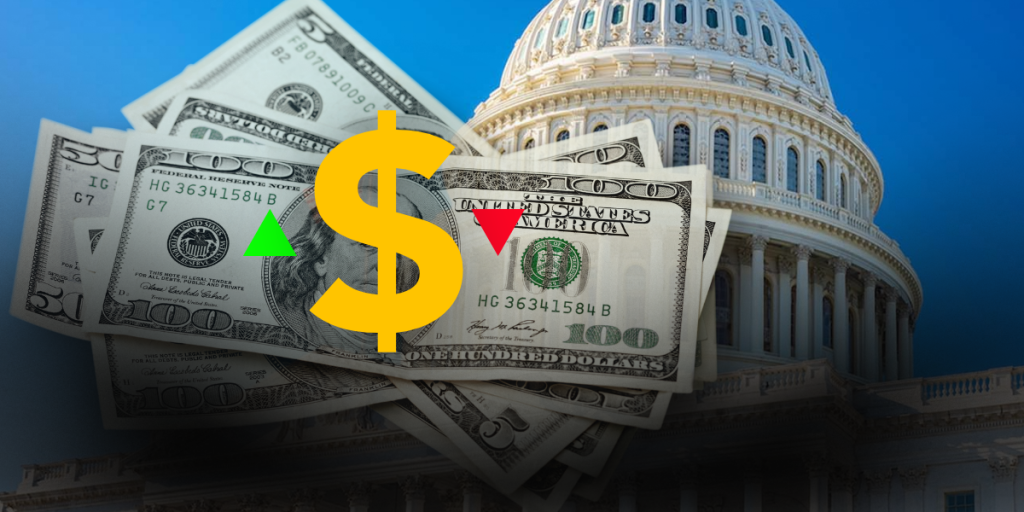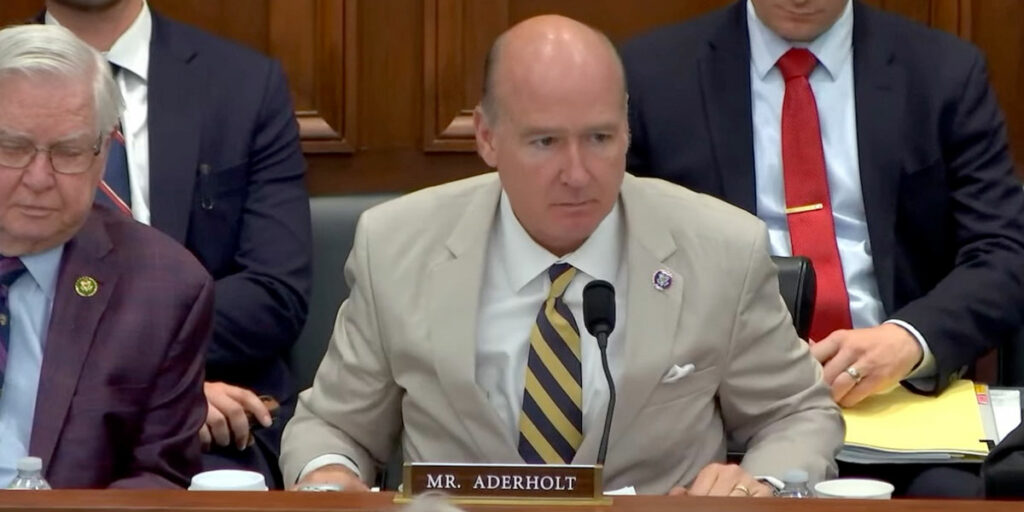Last week, the Alabama Senate passed legislation to ban the sale or manufacture of fake meat-like products that are produced through culturing of cells in a laboratory.
SB23 is sponsored by Alabama State Senator Jack Williams (R-Wilmer), who chairs the Senate Agriculture, Conservation, and Forestry Committee. The bill would prohibit and provide criminal penalties for anyone who sells, manufactures, or distributes lab-grown meat in the state of Alabama.
“I nicknamed this bill ‘Frankenstein Meats’ because of the way it is made,” Sen. Williams said. “This bill would prohibit the manufacture, sale, and distribution of food products produced from cultured animal cells within the state.”
The legislation has broad bipartisan support. Senate Minority Leader Bobby Singleton (D-Greensboro) seconded Williams’ motion for the bill’s final passage by the Senate.
The bill passed the Alabama Senate in a 32-0 unanimous vote. It now goes to the Alabama House of Representatives for their consideration.
RELATED: Alabama Senate committee advances legal definitions of gender terms including ‘man’ and ‘woman’
Fake meat is a top agenda item for the National Cattleman’s Beef Association (NCBA). The group said in a statement on their website: “NCBA is leading efforts in Washington to make sure that fake meat – both current plant-based products and potential lab-produced products in the future – is properly marketed and regulated. First, we are asking the USDA to work with the Food and Drug Administration (FDA) to enforce existing labeling laws for plant-based protein products.”
“The FDA has the power to take action against products that use misleading labels to confuse consumers about the true nature of their product. Unfortunately, the FDA has a track record of lax enforcement on food labeling issues. Second, we are asking the USDA to assert regulatory jurisdiction over lab-grown fake meat products.
“No framework currently exists for regulating these new products, but USDA is the agency best-placed to ensure both fair and accurate labeling and the safety of lab-grown products for consumers. NCBA recently submitted comments outlining our principles on fake meat to the U.S. Department of Agriculture, and we will continue to lead the way as Washington decides how to regulate new products that are introduced in the marketplace.”
SB23 does not change the law at all for plant-based meat alternatives like Burger King’s “Impossible Whopper.”
Penalties for violating this law could result in civil penalties ranging from $100 for a Class II violation up to $10,000, for a Class V violation.
To connect with the author of this story, or to comment, email [email protected]











